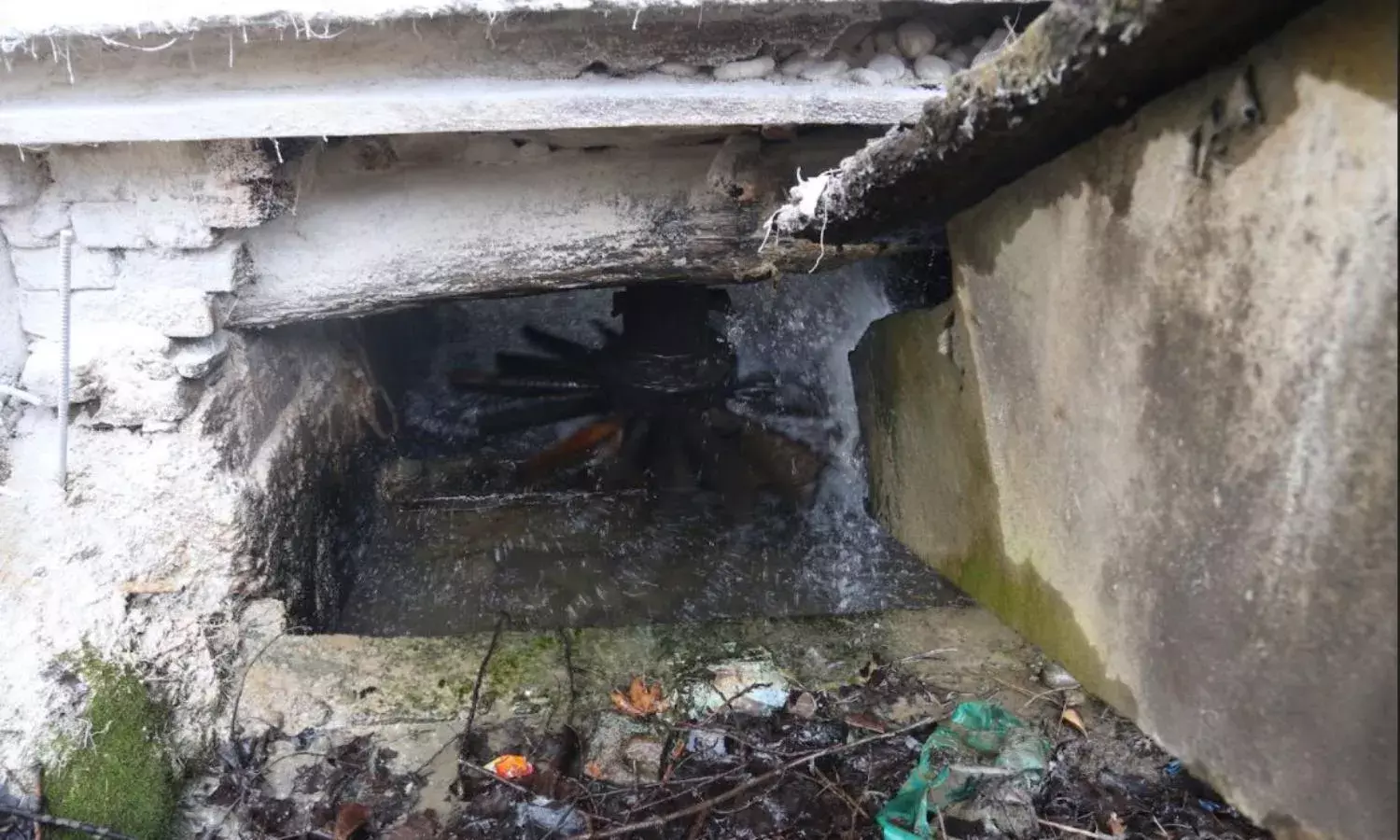Kashmiri Aab-e-gratte or Watermill : Photo story
Can grind 250 kilos of grain a day
The traditional watermill in Kashmir is popularly known as aab-e-gratte, and is considered to be an ancient mode of grinding wheat, corn and other grains to produce flour.
They are worked by diverting water from a river or pond to a waterwheel, usually along a pipe or channel. After turning the wheel, the water returns to the river. Sometimes mills are stacked along a waterway so it passes through multiple mills turning many wheels.
These traditional water mills grind an average of 2 or 2.5 quintals of grain each day with the energy of flowing water. Locals report that during severe winter months and abnormal weather the regular electric power supply is interrupted for longer stretches, and in such conditions the aab-e-gratte is the means of grinding grain especially maize in hilly areas.
The mills are also a source of additional income to farm families. They have negligible running costs, are ecologically friendly and require less maintenance. Locals claim that maize flour ground in these mills lasts longer and is more tasty and nutritious than flour obtained from electric mills.




